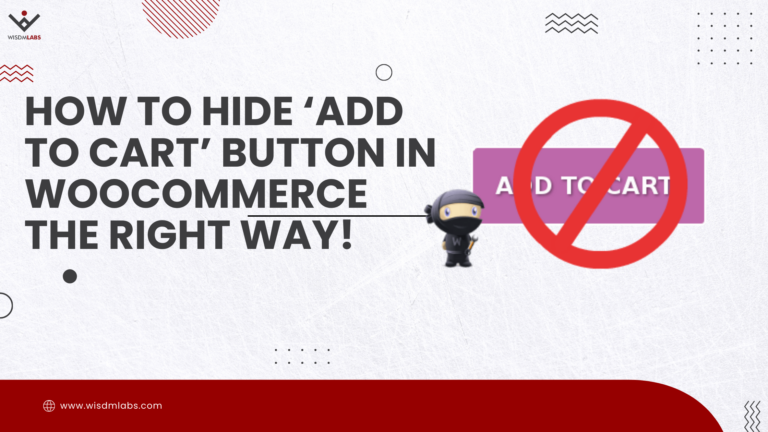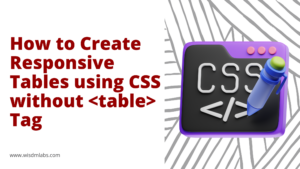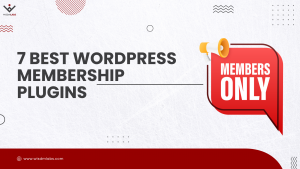WordPress VS Joomla, it’s a tight competition. Deciding between these two popular website builders is even harder.
WordPress and Joomla are both robust content management systems (CMS) that can be used to create websites. They are both free and open-source, and they both have a large community of users and developers.
If you’re building a basic business with full control and flexibility, you can go with WordPress. If you need to build a more complex website for a large organization and are okay with a slightly steeper learning curve than WordPress, then go with Joomla.
But to help you make an informed decision, we will compare both website builders to help you decide watch out of WordPress or Joomla is best for your website.
Read More: What is better WordPress or Wix or Squarespace?
Table of contents
WordPress VS Joomla: Quick Features Comparison
| Feature | WordPress | Joomla |
|---|---|---|
| Ease of use | Easier | Steeper learning curve |
| Customization options | Extensive | Limited as compared to WordPress |
| Templates and themes | Vast selection | More limited |
| SEO-friendliness | Slightly more SEO-friendly | Well-equipped for SEO |
| E-commerce capabilities | Uses WooCommerce plugin to convert WordPress site into an eCommerce store. | Uses Virtuemart to convert Joomla into an eCommerce store. |
| Community support | Massive and active community | Smaller but active community |
| Cost | Free to use, cost will arise for hosting, themes, plugins, and extensions | Free to use, cost will arise for hosting, themes, plugins, and extensions |
What is WordPress?
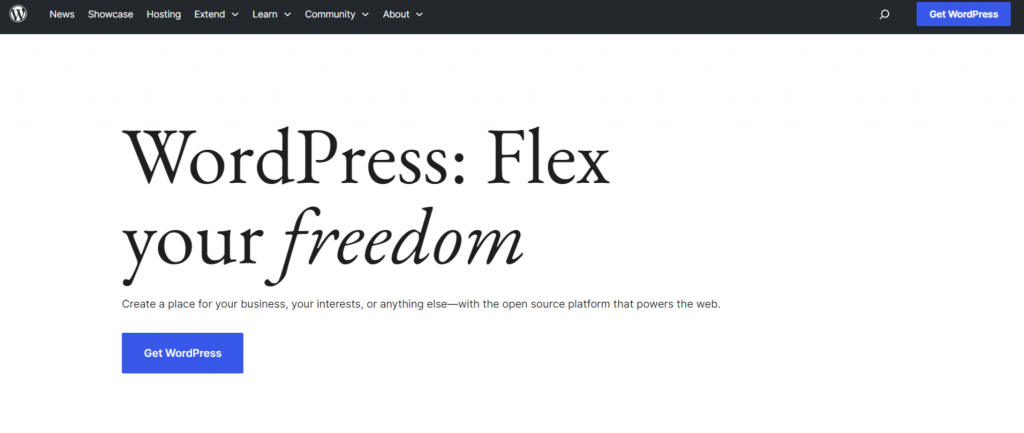
WordPress is a free and open-source CMS that was originally created as a blogging platform. It is now used to power over 40% of all websites on the internet. WordPress is known for its user-friendly interface and extensive library of themes and plugins, making it a popular choice for beginners and experienced developers alike.
WordPress Features
- Easy-to-use interface
- Customizable with themes and plugins
- SEO-friendly
- Mobile responsive
- Large community for support and resources
- E-commerce capabilities with WooCommerce plugin
What is Joomla?
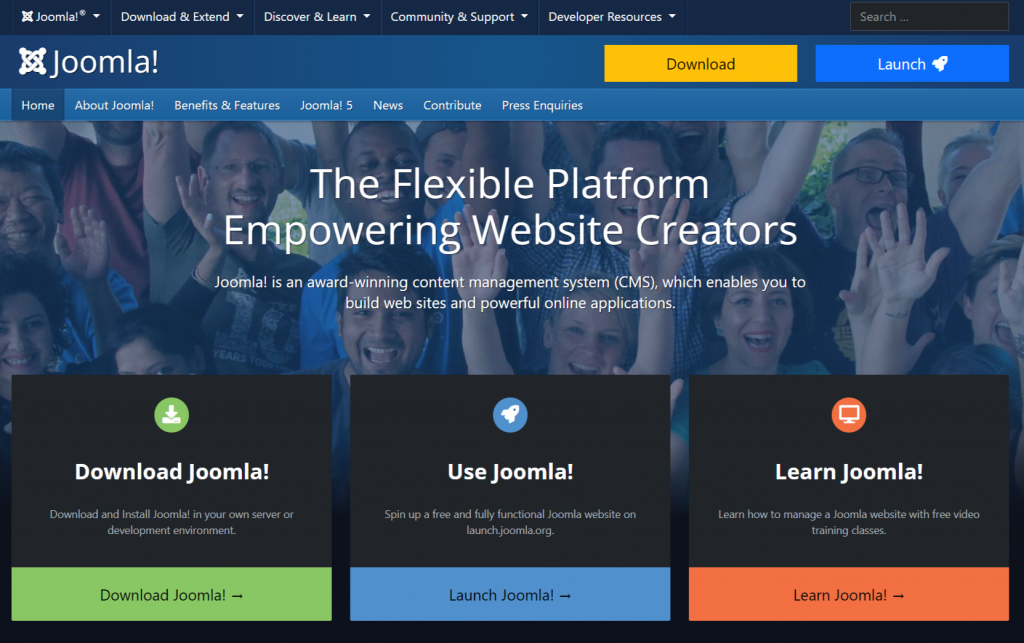
Joomla is also a free and open-source CMS that was released in 2005. It is known for its flexibility and scalability, making it a popular choice for building complex websites. Joomla is used by many large organizations and businesses, including Harvard University and the United Nations.
Joomla Features
- Flexible and scalable
- Multilingual capabilities
- Advanced user management
- E-commerce capabilities with VirtueMart extension
- Large library of templates and extensions
- SEO-friendly
WordPress VS Joomla: In-depth comparison
Ease of Use
WordPress is known for its user-friendly interface, making it easy for beginners to create and manage their websites. The dashboard is intuitive and easy to navigate, with options to customize your website with themes and plugins.
On the other hand, Joomla has a steeper learning curve and may be more difficult for beginners to use. The interface is not as user-friendly as WordPress, and it may take some time to get used to the layout and features.
Customization Options
Both WordPress and Joomla offer a wide range of customization options. WordPress has a larger library of themes and plugins, making it easier to find a design and functionality that fits your needs. However, Joomla also has a large library of templates and extensions, giving users more options for customization.
Templates and themes
WordPress boasts an extensive library of themes, both free and premium, catering to various industries, styles, and functionalities. These themes are designed to be user-friendly and easily customizable, even for beginners. With thousands of options to choose from, you can find a WordPress theme that suits your specific needs and enhances the visual appeal of your website. Additionally, WordPress themes often come bundled with features and plugins that can further extend the functionality of your site.
Joomla also provides a range of templates, although the selection might be slightly smaller compared to WordPress. However, Joomla templates are known for their quality and flexibility. They are designed to be customizable and scalable, allowing you to create unique and visually appealing websites. The Joomla community constantly develops and updates templates, ensuring the availability of modern and responsive designs for different purposes.
SEO-Friendliness
Both WordPress and Joomla are SEO-friendly, meaning they have features and plugins that help improve your website’s search engine ranking. However, WordPress has a slight advantage in this area, as it has more SEO plugins available and is generally more user-friendly for optimizing your website for search engines.
E-commerce Capabilities
If you are looking to create an online store, both WordPress and Joomla have options available. WordPress has the popular WooCommerce plugin, which is known for its user-friendly interface and extensive features. Joomla has the VirtueMart extension, which is also a popular choice for e-commerce websites. Both options have their own strengths and weaknesses, so it ultimately depends on your specific needs and preferences.
Integration with third-party Apps
Both CMS platforms have extensive ecosystems of plugins and extensions that allow you to enhance the functionality of your website. WordPress is widely recognized for its vast library of more than 60,000+ plugins, offering numerous options for integrating third-party apps. You can search for the desired plugin, install it directly from the WordPress dashboard, and activate it with just a few clicks. Most plugins come with user-friendly interfaces and detailed documentation, making it easy to configure and customize their settings as needed.
The Joomla Extension Directory provides a range of components, modules, and over 6000+ plugins to extend your website’s functionality. While the number of available extensions may be slightly smaller compared to WordPress plugins, the quality and scalability of Joomla extensions are notable. Joomla may have a slightly smaller extension selection but still provides quality options for integrating third-party apps, although some extensions may require more technical knowledge.
Read more: 10 Must-Have Plugins for Your WordPress Website in 2023
Community Support
Both WordPress and Joomla have large communities of users and developers who provide support and resources for their respective platforms. However, WordPress has a larger community due to its popularity, making it easier to find help and resources when needed.
Joomla VS WordPress: Which One Should You Choose?
When it comes to choosing between WordPress and Joomla, there is no clear winner. Both platforms have their own strengths and weaknesses, and the right choice ultimately depends on your specific needs and preferences. However, here are some scenarios where one platform may be a better choice than the other.
Choose WordPress if:
- You are a beginner or have limited technical knowledge
- You want a user-friendly interface
- You need a large library of themes and plugins
- You want to create a blog or simple website
- You want to easily add e-commerce capabilities with the WooCommerce plugin
Choose Joomla if:
- You have some technical knowledge or are willing to learn
- You need a flexible and scalable platform
- You want advanced user management capabilities
- You need multilingual capabilities
- You want to create a complex website or online store
Joomla and WordPress: Real-World Examples
Joomla Website Examples
- Harvard University – Harvard’s website is built on Joomla and showcases the platform’s flexibility and scalability.
- Linux – The popular operating system’s website is built on Joomla, demonstrating its ability to handle large amounts of content and traffic.
- The Hill – This news website is built on Joomla and showcases its capabilities for creating a professional and visually appealing website.
WordPress Website Examples
- The Walt Disney Company – Disney’s website is built on WordPress and showcases its ability to handle large amounts of content and traffic.
- The New Yorker – This popular magazine’s website is built on WordPress and showcases its capabilities for creating a visually appealing and user-friendly website.
- TechCrunch – This popular tech news website is built on WordPress and showcases its ability to handle large amounts of content and traffic.
Read More: 20+ WordPress Website Examples to Get Inspired by in 2023
Joomla VS WordPress: Conclusion
Both WordPress and Joomla are powerful and popular CMS options for building a website.
While WordPress may be more user-friendly and have a larger community, Joomla offers more flexibility and scalability. Ultimately, the right choice depends on your specific needs and preferences.
We hope this comparison has helped you make an informed decision on which platform is best for your website.
People choosing WordPress usually look for WordPress developers to outsource website development. We have been building WordPress websites for 10+ years. You can get in touch with our experts to discuss your project and also understand the development cost.



